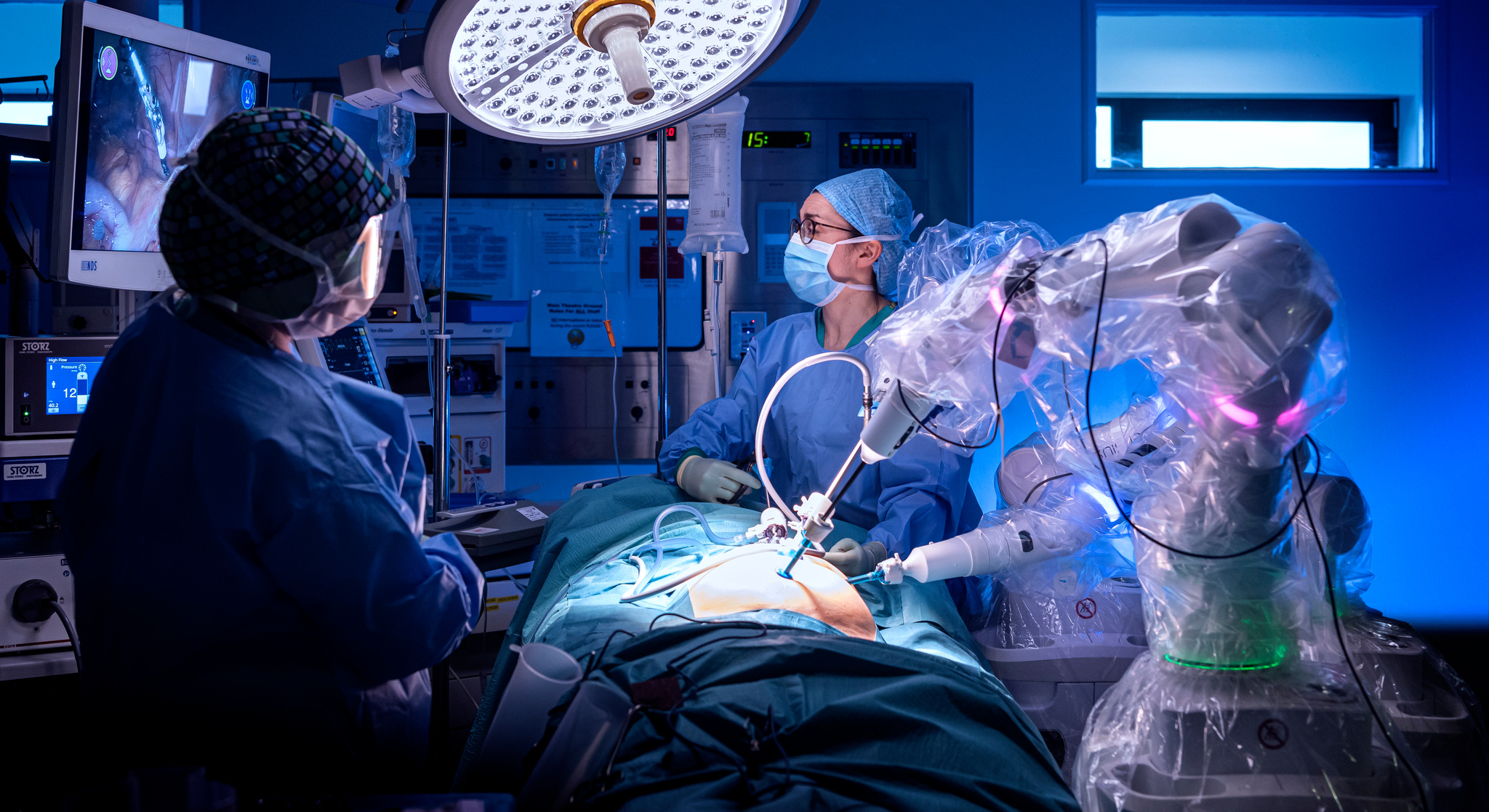
AI-Powered Surgical Precision: The Future of MedicineAI-Powered Surgical Precision: The Future of Medicine Artificial intelligence (AI) is rapidly transforming the healthcare industry, and one of the most exciting applications is in the field of surgery. AI-powered surgical precision is revolutionizing the way doctors perform operations, with the potential to improve patient outcomes and reduce risks. Enhanced Visualization AI algorithms can analyze medical images, such as MRIs and CT scans, to create detailed 3D models of patients’ anatomy. This allows surgeons to visualize complex structures with unprecedented clarity, helping them plan procedures more accurately. Real-Time Guidance During surgery, AI-powered systems can provide real-time guidance to surgeons. These systems use sensors and cameras to track instruments and tissues, providing visual cues and alerts to prevent errors. For example, AI-assisted robotic surgery allows surgeons to perform complex procedures with increased precision and control. Robotic Assistance AI-powered surgical robots are equipped with advanced sensors and algorithms that enable them to perform procedures with exceptional accuracy. These robots can assist surgeons with tasks such as cutting, suturing, and removing tissue, reducing the risk of human error. Personalized Treatment Planning AI can analyze patient data, including medical history, imaging results, and genetic information, to create personalized treatment plans. This allows surgeons to tailor procedures to each patient’s unique needs, optimizing outcomes and minimizing complications. Improved Safety AI-powered systems can monitor vital signs and detect potential complications during surgery. By providing early warnings, these systems help surgeons intervene promptly, reducing the risk of adverse events. The Future of AI-Powered Surgical Precision AI-powered surgical precision is still in its early stages of development, but its potential is vast. As algorithms become more sophisticated and robotic systems become more advanced, we can expect even greater benefits for patients. Some anticipated advancements include: * Autonomous surgery: AI-powered systems could perform certain surgeries independently, allowing surgeons to focus on more complex procedures. * Personalized drug delivery: AI algorithms could analyze patient data to determine the most effective dosage and timing of medications during surgery. * Reduced recovery time: AI-assisted surgeries could result in smaller incisions and less tissue damage, leading to faster recovery times for patients. Conclusion AI-powered surgical precision is transforming the way doctors perform operations, with the potential to improve patient safety, reduce risks, and personalize treatments. As AI algorithms and robotic systems continue to advance, we can expect even greater innovations and improvements in the field of surgery, ultimately benefiting countless patients worldwide.
Posted inNews